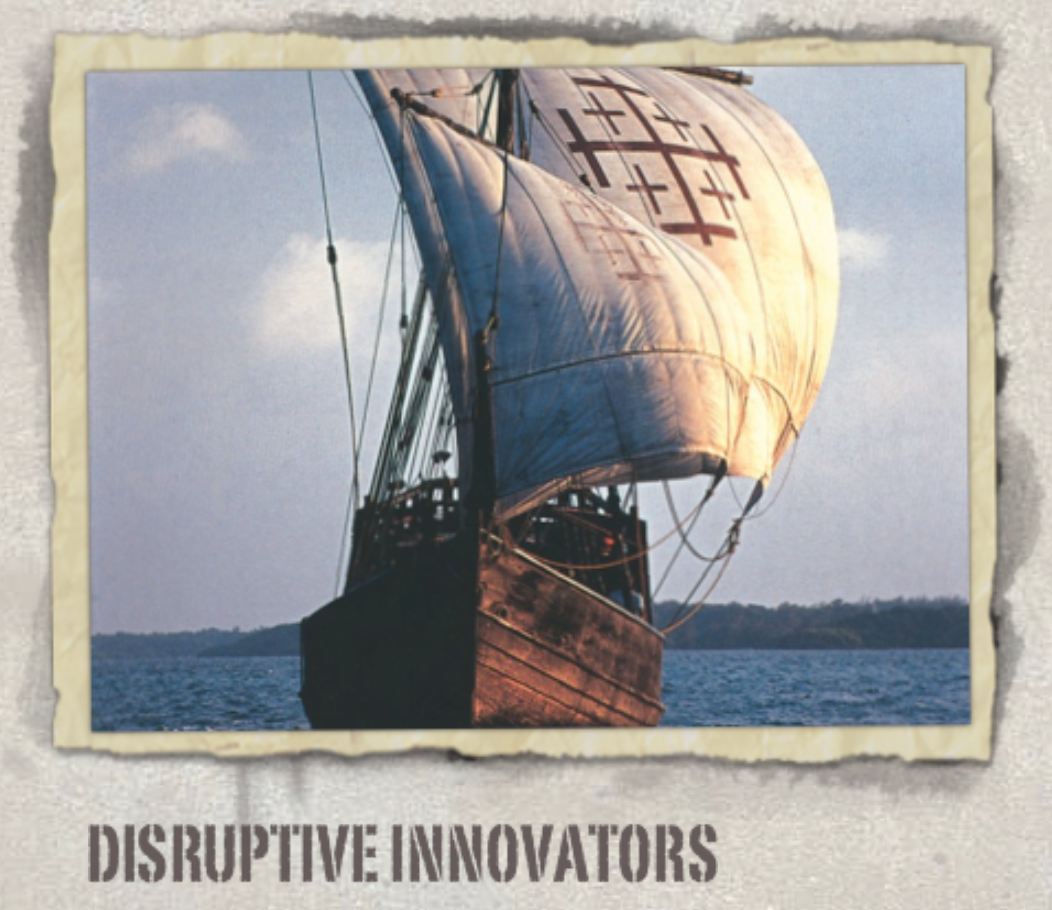
Historically, education was carried out by way of apprenticeships in order to pass on trade skills to subsequent generations. Value was placed on learning what "was" and what had "always been." Speculations about what "might" be were considered dangerous and those who wasted time accordingly (Columbus, Galileo, and the like) were labeled pejoratively, "innovators."
Today, the tables of have turned. Innovation has become a critical component for any enterprise that wishes to thrive amidst a fast-paced, globally changing society. How should education be carried out in light of this shift in values?
If education continues along the traditional track, the result is an inevitable dumbing-down as graduates fall further behind while being taught an increasingly antiquated status quo: the teaching of "what" just in case they ever need to know "how."
Rather, it seems tomorrow's future-proof students need to learn the competencies necessary for sustaining disruptive innovation. This means they would learn "how" in order to determine "what" just in time, as they navigate the waters of an uncertain future to build what might be instead of what has always been.
Individually, critical thinking and debate skills are needed. However, facing an unknown future requires more than clarity of mind. A future-proof generation must be willing to take risks. Yet traditional modes of schooling have inadvertently devalued this quality by testing disproportionately for "knowns."
So today's educational institution, deeply rutted in its history, is trying to create a new and improved version of what has always been, in hope that its customers will continue to buy its public service; while risk-taking innovators are introducing completely new ways to educate.
People like Dr. Roger Schank are not simply improving on what has always been but are inventing entirely new ways to carry out the purpose for which formal education came into being in the first place. If the lack of motivation is the key challenge for today's students - as Harvard professor Christensen's book, Disrupting Class, points out - then Schank's Alternative Learning Program design could be the solution.
The best of one-on-one apprenticeship, coupled with collaborative discovery and analysis, can now be afforded by the newest technologies and thereby produce a future-proof generation that - while still facing an uncertain future - is able to sustainably and disruptively innovate with excitement rather than fear and dread.
References
Alternative Learning Program: http://www.engines4ed.org/
Christensen, C., Horn, M., & Johnson, C. (2011). Disrupting class: How disruptive innovation will change the way the world learns. New York: McGraw Hill
Google search results for Roger Schank: http://www.google.com/search?q=Roger+schank&ie=UTF-8&oe=UTF-8&hl=en&client=sa...
Timeline of Learning Theories throughout history [Video]: http://vimeo.com/15448054
